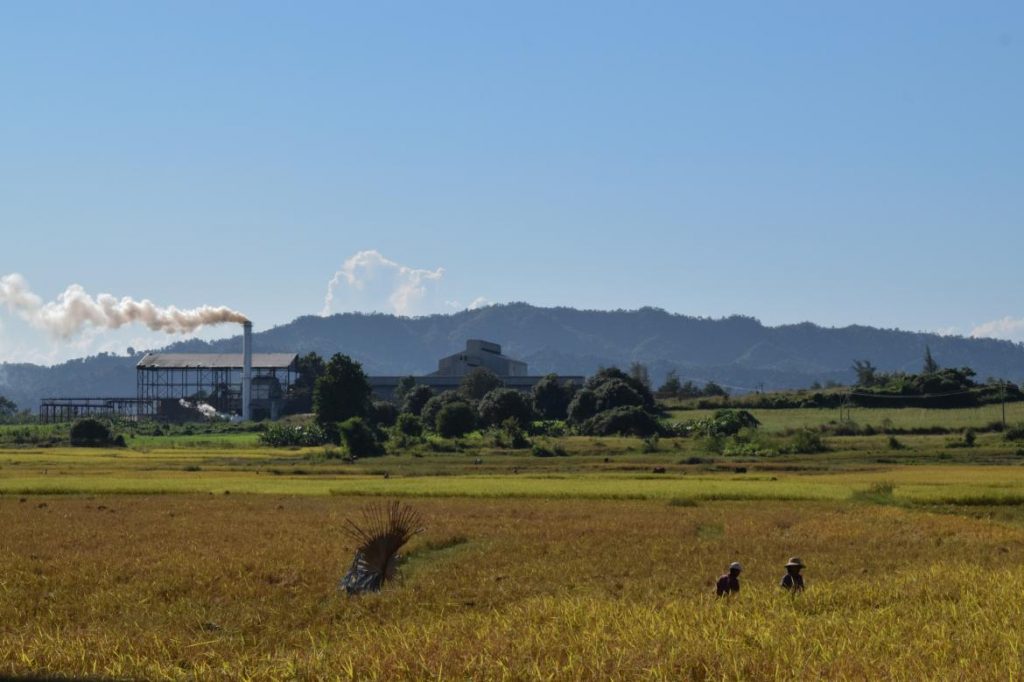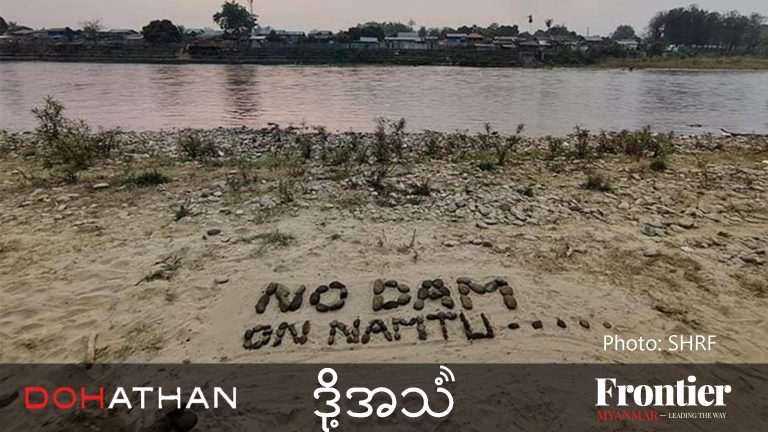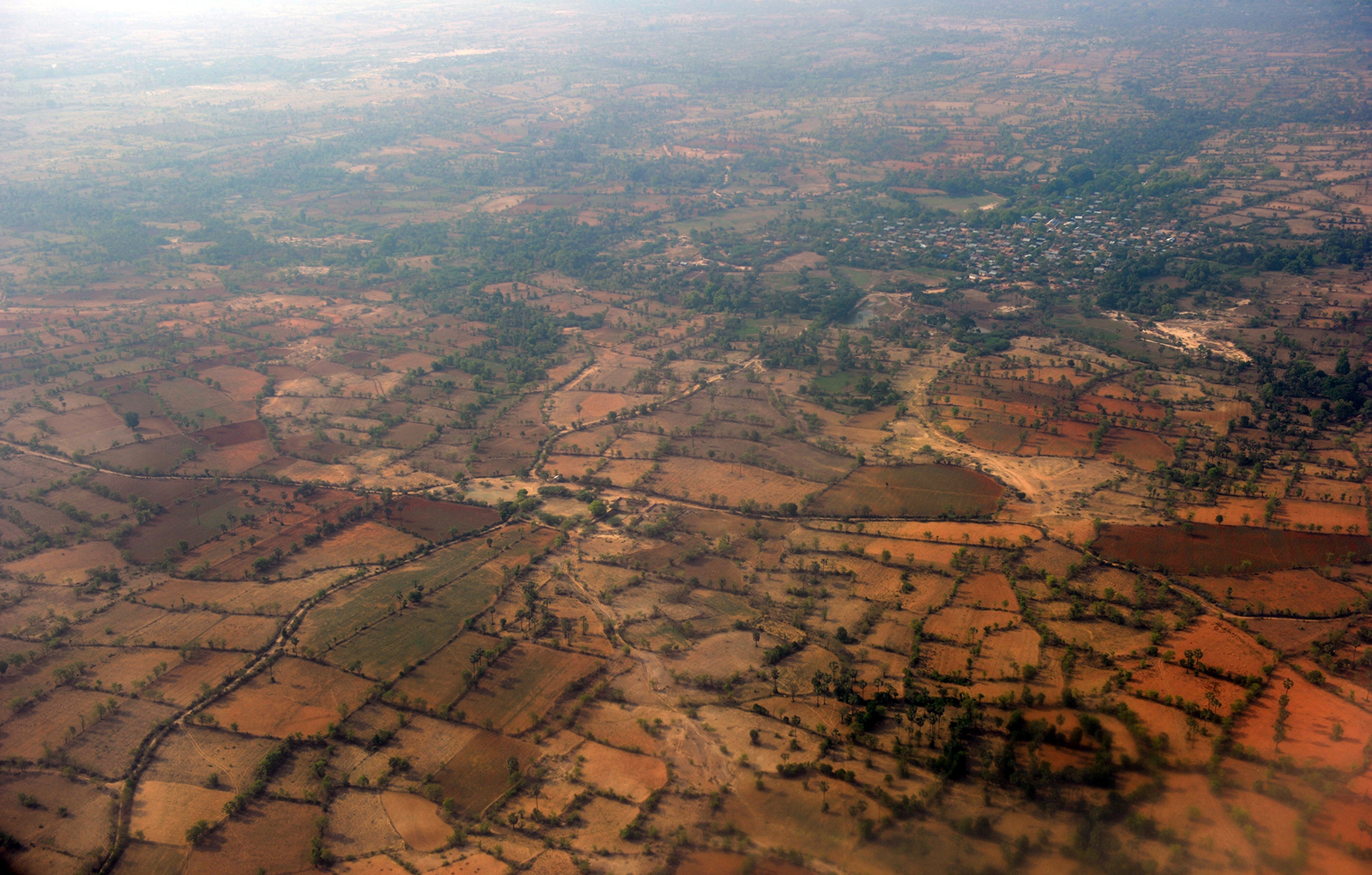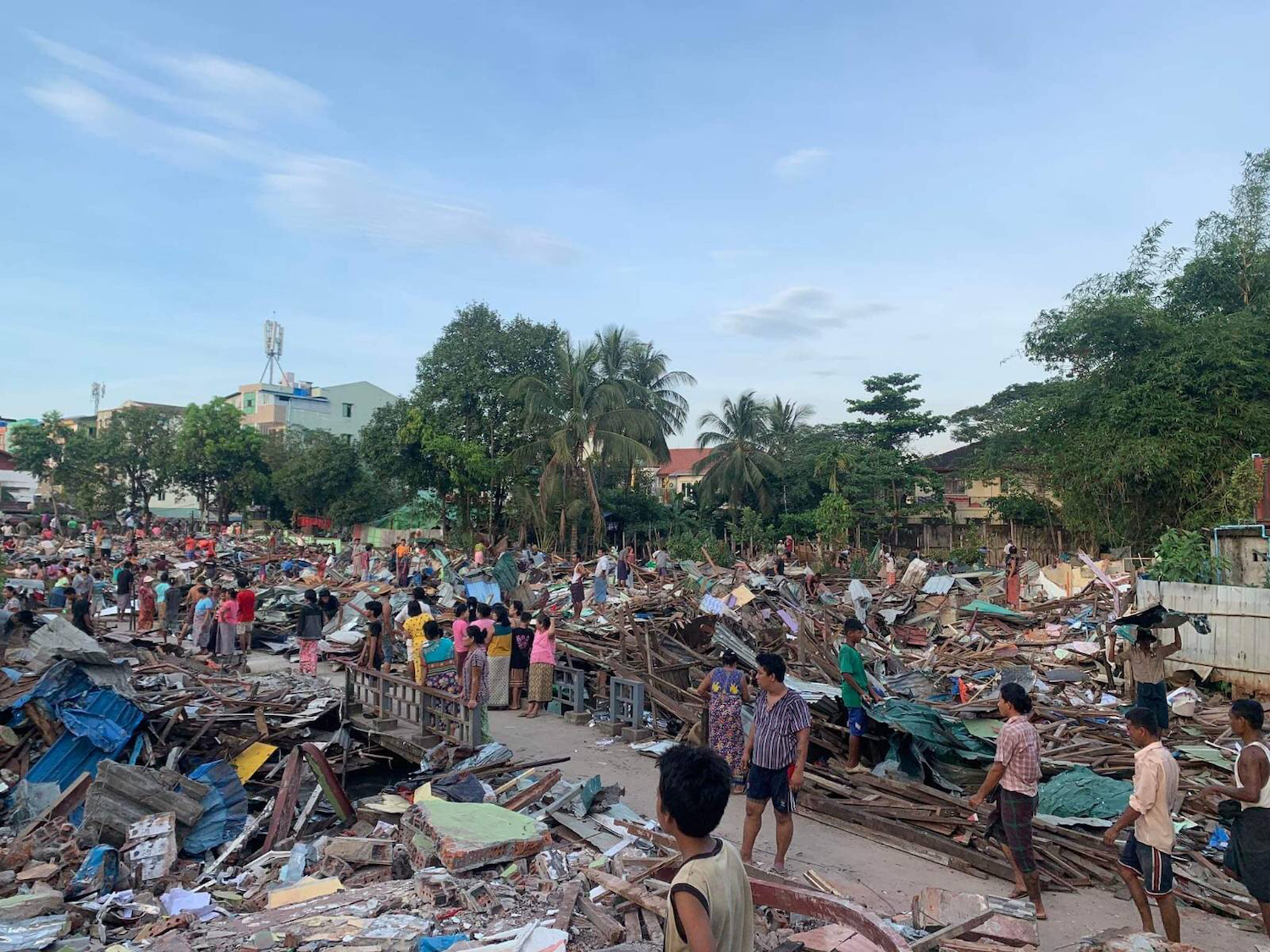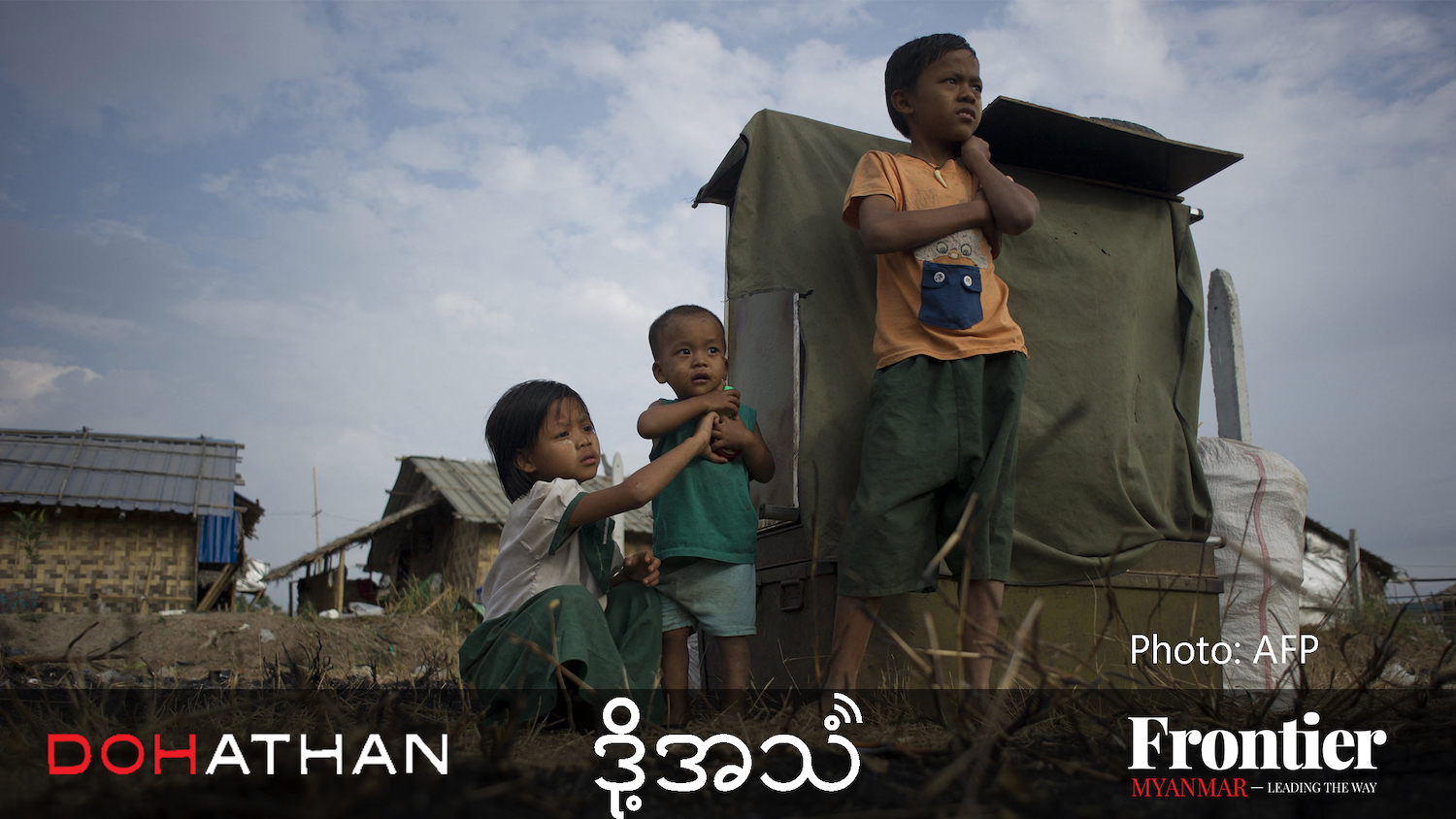The government’s decision to form committees to scrutinise land cases is a positive step, but they must be more than just a box-ticking exercise.
By CAITLIN PIERCE & YE YINT HTUN
OF THE long list of legacy woes leftover to the new government after decades of military rule, the issue of land confiscation is one of the most important. According to the now-defunct Parliamentary Land Investigation Committee, the military, government and private companies confiscated more than 500,000 acres of land between the 1980s and early 2000s, much of which went into large-scale agriculture projects. Other estimates put the figure in the millions of acres.
Data from Namati, a legal empowerment organisation focused on land rights in Myanmar, shows that more than 70 percent of those who had their land confiscated during military rule have no access to other land to farm.
As a result, many are forced into more difficult and uncertain livelihoods such as casual labouring. Additionally, many have faced criminal charges for trespassing on land they believe is rightfully theirs.
Since the transition to a democratically elected government, many are hopeful that their land will be returned.
Support more independent journalism like this. Sign up to be a Frontier member.
Just months after taking office, the National League for Democracy formed the Central Committee for Rescrutinising Confiscated Farmlands and Other Lands, which is chaired by Vice President U Henry van Thio. The central committee, which is tasked with investigating “land grab” cases, is replicated at all administrative levels.
The investigation of land claims began under U Thein Sein’s government, but these committees go a step further. They allow for the formal participation of civil society organisations, community leaders and parliamentarians, who work alongside civil servants and military on the committee.
It is a commendable initiative by the government, but without serious improvements it risks becoming simply a box-ticking exercise.
In theory, at least, the committee structure is straightforward. The Union-level Central Committee, which is the only level to not include civil society representatives, sets policies and guidelines on how to review cases. The region/state committee scrutinises cases as to whether an investigation is necessary, and if so, the case is passed to the district level committee. From there, the case reaches the township and village tract level where on-the-ground investigations are conducted by a combination of civilians and members of the government’s General Administrative Department, which has a presence in all of Myanmar’s 330 townships. After an investigation is conducted, a report is sent back up the chain to region/state committees, who have the authority to resolve cases.
With little awareness about the process, a public information campaign is desperately needed. Some committee members have published information about the process in newspapers or on social media, but outreach has not been conducted in a systematic manner.
Likewise, claimants do not receive updates on their claims, and as a result many farmers, who have waited years for justice, try multiple approaches for their case to be heard. This leads to many cases being duplicated, further stretching a process that is already under capacity. Data shows that more than 50 percent of cases have been submitted to more than one committee at the same time.
There is also a lack of communication between the various levels of the committees, meaning that cases will often sit around for several months without action being taken. A lack of feedback as to why a case is rejected also sows distrust in the system. The government does not consistently publish the number of claims that have been received or resolved, but anecdotal evidence suggests the figure could be as low as five percent.
Lack of capacity, unclear guidelines from the central level, poor quality investigations and vested interests have all likely contributed to the lack of progress. The committees are a test – not only for land justice, but also for the country’s democratisation and devolution of powers to state and regions. While officially the state and region committees have the power to resolve cases, the reality is very different.
Instead, investigation reports and recommendations are passed to the Central Committee for a final decision. This is the one level of committees with no formal involvement of MPs or citizens.
As one citizen representative from a state-level committee said: “Sometimes the chairman of the committee will pass up the recommendations to the central level without me having a chance to sign the document. The chairman and secretary are the most powerful people in the committee, because they review cases when they come in and they write the recommendations. But they are both government officials. The secretary should be a farmers’ representative if we are serious about democracy.”
Even when the committee decides to return land, it’s not the end of the story.
In April, dozens of residents in Shan Gone village, Pyay Township, Bago Region, were told that they would get their land back, following a lengthy process that included cooperation between CSOs, parliamentarians, residents and members of the commission. Months later and the handover has not yet taken place.
But the fact the decision was made as a result of such collaboration is an encouraging sign. This type of participatory decision-making now requires a new mindset from all stakeholders; the last time citizens were formally involved in land-related discussions was more than 60 years ago, during the U Nu era.
For these committees, there are still many challenges to overcome. If they manage to address the land confiscation issue effectively, however, they could represent a model for how the government can both respond to complex issues of importance to the public and allow Myanmar citizens hold powerful actors to account. Both are pillars of a genuine democracy.
Caitlin Pierce is the Policy Manager for Namati, a global legal empowerment organization focused in Myanmar on land rights. Ye Yint Htun is Namati’s Myanmar Program Manager.


